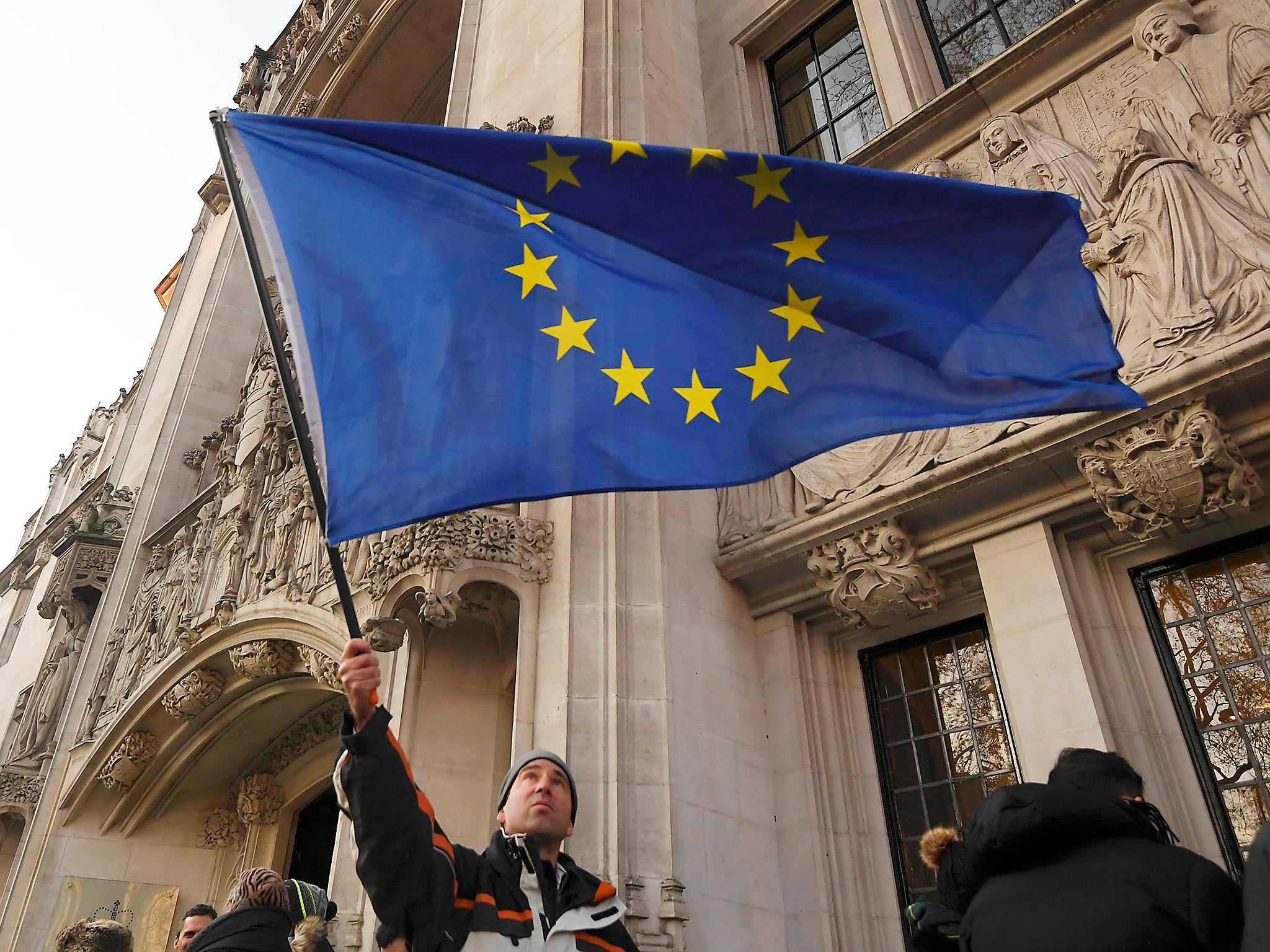EU facing two major problems – and has answers to neither of them, says former Bank governor

Your support helps us to tell the story
From reproductive rights to climate change to Big Tech, The Independent is on the ground when the story is developing. Whether it's investigating the financials of Elon Musk's pro-Trump PAC or producing our latest documentary, 'The A Word', which shines a light on the American women fighting for reproductive rights, we know how important it is to parse out the facts from the messaging.
At such a critical moment in US history, we need reporters on the ground. Your donation allows us to keep sending journalists to speak to both sides of the story.
The Independent is trusted by Americans across the entire political spectrum. And unlike many other quality news outlets, we choose not to lock Americans out of our reporting and analysis with paywalls. We believe quality journalism should be available to everyone, paid for by those who can afford it.
Your support makes all the difference.The European Union is facing “existential problems” over migration and the single currency for which it does not yet have the answers, former Bank of England governor Lord King has warned.
Lord King said the scale of the crises was such that Brexit amounted to little more than “minor irritant” by comparison.
And he suggested that the factor which could bring the problems to a head was German voters asking whether they want to remain part of a project which involves them propping up less competitive eurozone economies like Italy, Portugal and France.
Lord King said that the single currency project was flawed from the start, and that it would probably have been better to create two monetary unions for “premier league” and “second division” economies. But he said it was too late to move to this model now.
Speaking to BBC Radio 4’s Today programme, the former governor said: “I think the EU is facing two existential problems and it has answers to neither of them.
“The first is the fate of the monetary union, which even the European Central Bank is saying is in a critical position and needs major reform.
“Secondly, migration from outside the EU into the EU and the knock-on consequences of that for the free movement of people.
“I don’t think they have answers for either of those issues and it is a real crisis for the EU.
“British membership is irrelevant to these two questions and from that perspective I think they regard our decision to leave the EU as a minor irritant.”
Lord King said it was impossible to put any timescale on when the problems of the eurozone might come to a head.
But he said: “They simply haven’t put in place the framework to make it a success, desperately trying to struggle from one month to the next.
“For a long period they were relying on the confidence that financial markets had in the words of (ECB) president Mario Draghi that they would do ‘whatever it takes’. But I think words in the end run out and you need to back them up by actions.
“The problem now is that people in Germany and other countries in the northern part of the EU are deeply reluctant – understandably – to pay for countries in the south. That wasn't the prospectus they were offered when they joined the monetary union.
“In the long run, it would make some sense to recognise that it was a mistake to go to monetary union as early as 1999. I think they might have been able to divide it into two divisions – a premier league and a second division – but I think it may be too late to do. If you look at economies like Italy, Portugal and even France, they are really struggling.
"Germany has such a large trade surplus because of its greater competitiveness, but it can't invest that anywhere in the world where it can be guaranteed to get its money back.
"As soon as German taxpayers see that their money is literally being thrown away, they will start to ask serious questions about whether they want to remain part of it."
Join our commenting forum
Join thought-provoking conversations, follow other Independent readers and see their replies
Comments